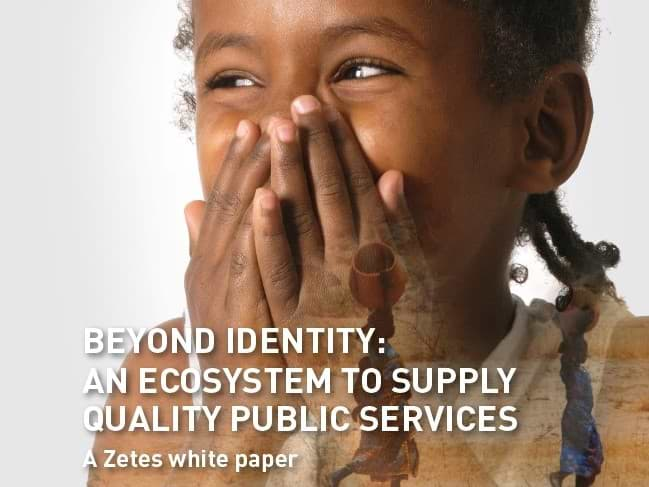Ensuring the prosperity and well-being of residents is a major goal for every government. To make the best possible administrative decisions and promote equitable distribution of personalised services, it is essential to be able to count on reliable, up-to-date information about every public service user. Although initiatives established in many countries aimed at setting up identification databases are admirable, they do not satisfy this need.
An ecosystem based on the civil registration system
To centralise all the relevant data and collect a thorough knowledge of the citizens who constitute the population, creating a modern, computerised civil registration system is a must. But even a civil registration system is not enough on its own, ideally, a population register should be implemented. This is a set of databases that supplement the civil registration system and characterise a person in thematic areas such as employment, health, education and the judicial system.
We still recommend, however, starting with a civil registration system, because this is an essential tool for any Government that wants to be efficient and join the KYCitizen movement. A civil registration system is fed by several sector-based information systems which, together, form an ecosystem. Organisations supplying public services also form an ecosystem in which they interact with one another by communicating, exchanging data and executing transactions. To allow this interaction, the interoperability of all information systems must be ensured. It is important to ensure they are all applying the same technological, syntactic, semantic and application approach. The government is then obliged to establish a normative framework that applies to everyone.
Better decision-making
This ecosystem can also be a powerful stimulant to the economy. The information system platform created in this way must therefore be open to the private sector, which can obtain useful data from it concerning the population and individuals. From this, insights to determine which products and services can be supplied, without the need for access to any personal data. The ecosystem allows the government to make the best choices, e.g. in terms of infrastructure, education, health care and housing and to decide where, when and how to implement them. To be truly efficient, the ecosystem must be based on a certain number of rules. These would include computerisation, data integrity and digitisation. Citizens will also accept this system more readily because they only need to show their documents once to the administrative authorities.
